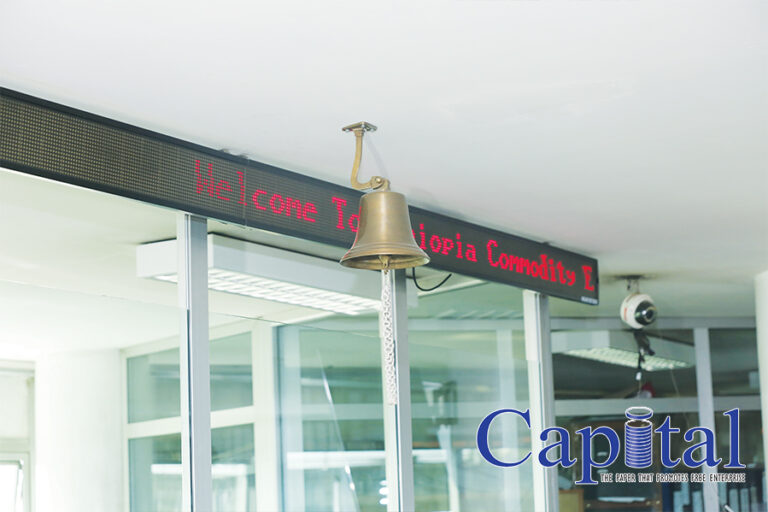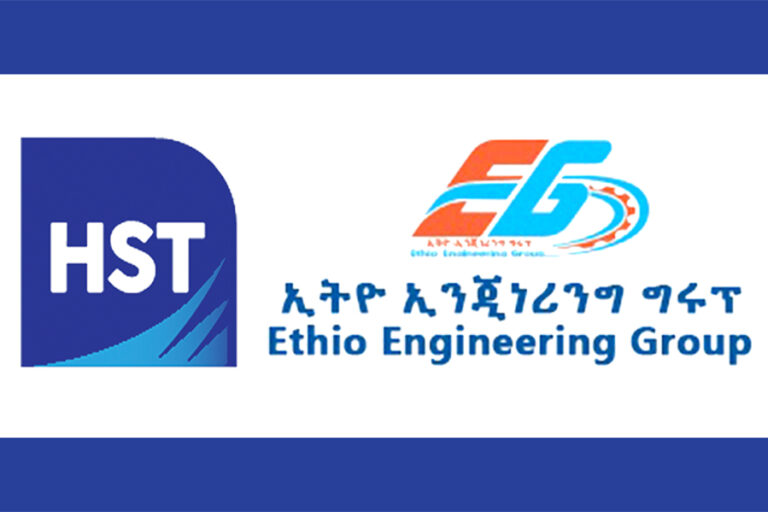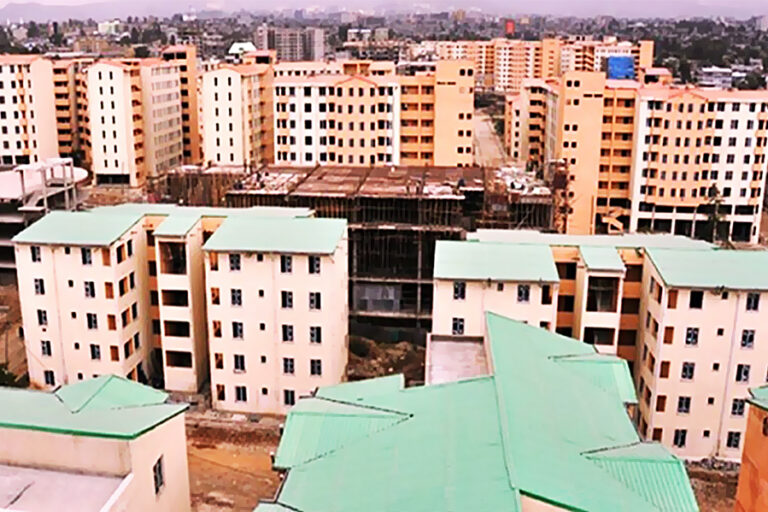Neoliberal globalization propelled by crony capitalism is facing hurdles, yet again. Unlike before though, the current crisis is quite generalized, permeating all sectors of the global economy. At the height of neoliberalism, i.e., at the turn of the century, the much touted ‘Dot Com’ bubble went bust! To rectify the situation, central banks purposely inflated the housing sector. Old people were told to refinance their homes (remember the mantra; housing prices always go up) with a very low teasing interest rate. For a while it looked as if capitalism had finally delivered paradise on earth! Unsurprisingly (to the critically inclined) as soon as interest rates start to go up, millions of borrowers couldn’t keep up with their mortgage payments and promptly lost their houses!
The ‘Housing bubble’ that burst in 2008 threatened to unwind capitalism as we know it. Again, to rectify the situation, the global status quo pumped massive liquidity, this time directly, since all the active economic actors were tapped out and rendered nonfunctional, including the banks, consumers, etc., etc. Since 2008, plenty of phony money (over USD 50 trillion) was pumped into the global system by the various central banks/governments to thwart off the collapse of the modern world’s economic regime. This massive liquidity that came with no cost, (zero percent interest rate) created one of the largest bubble ever! Arguably, we are currently wallowing in the midst of the largest economic bubble in the history of all humanity! After such unprecedented indulgence by central banks/governments, everything became a bubble; real estate (housing & commercial properties), stocks, bonds, antiques, paintings, works of art, etc., etc. This generalized phenomenon currently obtains all over the world!
Polarizing globalization, which is a byproduct of un-tempered, greed driven accumulation process (neoliberalism) is now hitting the wall, so to speak. We believe it is dangerously approaching its historical limits. Symptoms are all over. In the very poor of the global South, polarization is manifested as a continuum of instability, increasingly leading to fragile, failing and failed states. Africa has plenty of cases. In the semi-peripheries, those countries that are the in-betweens (between the rich and the poor) economic downturn punctuated by abrupt currency devaluation resulting in cost of living increase (for the absolute majority) is flaring xenophobia leading to irrational policies! In the world of the rich, a clear trajectory of pauperism and depression (amongst the sheeple=human mass), leading to the polarization of politics, has become a vivid reality.
Mass migration from the south to the north is accelerating. For some of the sheeple in the south, one way of escaping the punishing polarization is to just pack up and move north. Intense connectedness brought about, amongst other things, by globalized informatics, is making the journey north less intimidating. The South American sheeple seem to have joined this pilgrimage to anticipated affluence. Honduras has had ‘regime change’ few years back, instigated by the power that be. Thereafter came, a massively rigged election that brought a corrupt regime in power, which is bent on disfranchising the local sheeple. It is no coincidence we now have thousands of South Americans marching North, to the land of opportunity. As the dismemberment of Libya facilitated the migration of MENA’s sheeple (Middle East and North Africa) to Europe, ‘Regime Change’ in South America is also encouraging mass exodus to the promised lands of the Northern countries. It seems a ‘Regime of Migration’ (after all, migration is also change of domicile) is now in the offing, mostly as a reaction to the politics of ‘Regime Change’ and widespread polarization. The empire, particularly the hegemon, (once considered effectively an island, hence unreachable) must be a bit perplexed by this recent bold behavior of the southern sheeple. One cannot help but reflect: Is this what the Hindu’s call Karma?
It is obvious we are now living in a highly parasitic world that has very different value systems than the ones promised by capitalist modernity. When central banks take massive stakes in the global equity markets, (to protect the financially connected), when interest rates go negative, when junk bonds are considered premium, almost at par to sovereign bonds, when nature destroying overproduction is touted as growth, etc., etc., one is forced to resort to ancient wisdoms.
POLARIZATION & CONSEQUENCES
Coffee prices bulge on ECX
The price of coffee at the Ethiopian Commodity Exchange (ECX) has spiked by almost a thousand birr per feresula (17 kilograms) in the first half of this budget year when compared with the same period from last year.
Owing to the bad weather which has backpedaled Brazilian coffee as well as logistical constraints, the global coffee prices have sharply increased starting from the past budget year. On the other hand, the global circumstance has also benefited Ethiopia in terms of generating more hard currency from coffee export in the period starting from last year.
An attribute to this success is also the efforts of the Ethiopian Coffee and Tea Authority and regional bureaus which encompass the coffee production and trading which has led to increment of trading, both in volume and value.
Similar to last budget year’s performance which saw the country securing over USD 907 million, the current budget is surpassing the expectation with marvelous trends.
In likewise manner to the price increment in the international market, the price of the bean in the local market has also registered significant increment including on the modern trading floor, ECX.
As per Capital’s evaluation of coffee price trends which are drawn from the past one year’s market data of ECX, the country’s top hard currency earner has surged in price, on average by over one thousand birr.
The ECX market data that Capital evaluated indicated that few weeks ago the average price of export coffee, which is Arabica, at ECX was about 3, 400 birr to the maximum and close to 2,000 birr to the minimum per feresula (17 KG) based on their origin and quality.
Most of the price has over a thousand birr difference compared with the same period of last year.
It is to be recalled that Capital through inside sources, reported that the volume of export coffee available through the trading platform has shown reduction in the current budget year. Sources state that the reduction of coffee on ECX has narrowed in the past few months as a result of the drifting away of Oromia region from the platform to the recently introduced alternative vertical integration market scheme. The volume of coffee at ECX naturally plunged because Oromia region is one of the major sources of the coffee bean.
However, most of the coffee coming from other regions like SNNP, Sidama, South West, Gambela and Benshangul Gumuz still mainly trade through the electronic trading floor which is widely recognized for its trust in terms of payment.
Experts in the sector said that the price of coffee at the initial market of the vertical integration or at ECX has climbed on average more than a half in the first half of the budget year compared with the same period of last year.
Ethio Engineering Group pairs with HST to sift efficient operational strategy
Ethio Engineering Group (EEG) and HST Consulting team up to undertake a study to identify pivotal areas of focus for the industrial giant.
It is recalled that the Group was formed about two years ago when the manufacturing giant and ill-functioning Metal and Engineering Corporation, well known by its abbreviation MetEC, was separated in two, that is, as military and civil industrial conglomerates.
Before and even after the split, the current government has been noted to have given prudent attention to formerly MetEC, with regards to reform activities so as to get the public enterprise back on its effective track.
According to the latest information, EEG, which now manages the civil manufacturing industries, has agreed with the prominent and inclusive consultancy firm HST to conduct a study that enables the group to make transformational changes on its operation.
Based on the agreement, HST shall conduct an indicative study and reassessment on the enterprise’s business portfolio which shall shape the company’s strategy and enable it to achieve the reform activity that it already commenced over three years ago.
As per the agreement between the two bodies, the local consultancy firm will also provide practical assistance to attain the reform work through revised strategy and preferable direction.
MetEC was criticized over the years by commentators on the industry by the way it conducted its business activities, which ranged from delving into new business projects without evaluation of the current endeavors in businesses it had at the time, in addition to speculations of misuse of resources and corruption.
One of the top criticisms was that the corporation showed interest to undertake works or production and projects from very big projects down to the very small ones, which was noted by some to be all over the place.
Experts criticized that the state enterprise was engaging in all sectors even in the very small ones that are undertaken by SME and the lower level private sector.
The upcoming indication study may help EEG to sort areas and operations that it manages as a big group which controls about nine huge manufacturing industries.
Early this week, the management of the EEG and HST conducted an inception meeting on the upcoming study. EEG stated at the initial meeting that the failure of the enterprise, which previously engaged on every field without restriction or prudent study beforehand, was looked into at the discussions.
The study will also include and evaluate the technological capacity of the enterprise and show the way forward in terms modernizing the group. EEG announced that based on the consultancy study, a strategy will be developed.
HST is a well-known local consultancy firm which is involved on different momentous studies independently and in partnership with prominent international firms.
Recently, EEG has had a change in leadership as new CEO, Misganu Arega (Amb), replaced Hiwot Mossisa, who served the enterprise before and after the split. Currently, Hiwot has been assigned to represent Ethiopia at the International Civil Aviation Organization based in Montreal, Canada.
EEG manages about nine heavy and light manufacturing industries including; agricultural machinery factory, basic metal and machine building, automotive, and power engineering.
Solomon Gizaw Managing Director of HST said that the task they are given is huge and added that it is in its early stage to further comment.
With international competency, HST has been providing several supports to the private sector including huge international companies and public sector for almost 18 years now.
17th round auction of 20/80 condominium shops put to a halt
Addis Ababa Housing Development Corporation cancels the 17th round auction of 20/80 condominium shops.
The auction was made for 2573 available shops for interested buyers in various locations across the city under 20/80 low cost condominium schemes. The shops were located in a low-cost condominium housing schemes across five sub cities namely; Bole, Akaki Kality, Arada, Lemikura and Nifas Silk Lafto.
The bid which was opened starting from November 26, 2021 to December 8 announced the cancellation on Friday January 21, 2022. The corporation did not provide full details with regards to the said termination and Capital’s effort to get officials from the corporation to get information on the issue was unsuccessful.
“Based on the bid document article 2, sub article 40 the corporation has fully canceled the bid,” reads the notice later.
From the total 2573 condo shops, 86 of them are located in two sites of Bole sub city; Bole Bulbula 1 and 2, whereas Lemikura has 321 shops located in four sites whilst Arada has 8. Akaki Kality shares the largest number with 2155 shops for the auction in nine sites and Nifas Silk has the remaining 3 condo shops for sell.
For this round of bid, the Agency set the floor price of all the shops at 15,068 birr per square meter which is equivalent to the total cost spent while building the shop. In previous bids the price was 10,000 birr for the 16th round and 9,170 birr for the 15th round. At the time, banking and micro-finance institutions were the ones that gave the highest offers.
According to the document, the total width of the condo shops range between 235.50 square meters and minimum 21.15 square meters.
The shops were part of houses located in the aforementioned sites. It is to be recalled that these houses were completed and inaugurated last year after a public outcry over the delay on the completion of the houses.






